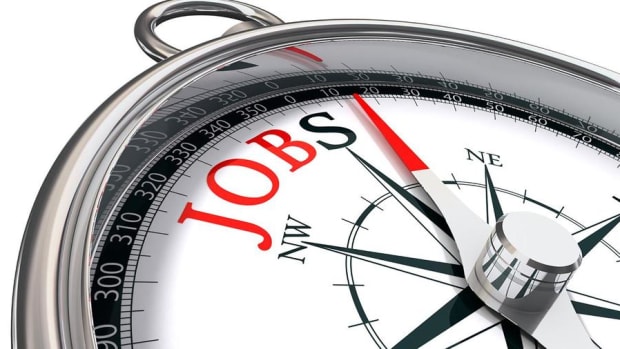How Inflation Has Hammered Our Finances
Rampaging inflation not only means we’re paying more for items like food and gasoline, it’s also putting a dent into our financial wellbeing.
A total of 54% of Americans say inflation has delayed their next financial milestone, according to a study by LendingTree’s MagnifyMoney, a personal finance web site.
“The financial margin for error has shrunk to near-zero,” says LendingTree chief credit analyst Matt Schulz. “When that happens, it forces people to change plans and make tough decisions.”
So, “people are delaying having children because they don’t think they can afford it. They’re putting off buying a house because they can’t save for a down payment,” he said.
“They’re putting off retirement because inflation has wrecked all of their calculations for how much money they’d need in their golden years. It’s a difficult time for many Americans. Unfortunately, it seems like it’s going to get worse.”
Millennials’ Troubles
A total of 63% millennials (aged 26 to 41) have put off their next major financial milestone, the highest among any age group.
“Millennials are facing one significant milestone after another,” Schulz says. “They’re starting families, buying houses, starting businesses, contributing to kids’ college funds and more — or at least they would if they could afford to do so.
“The problem is that millennials have taken gut punch after gut punch since joining the workforce, which has made it really hard for them to get ahead.”
Meanwhile, only 43% of Americans say they consider themselves fully-prepared financially for their next stage of life. Another 28% say they’re somewhat prepared.
Men are far more likely to report feeling fully prepared for their next stage of life than women--51% to 35%.
Inflation and the aftermath of the covid pandemic are hurting Americans’ financial confidence and security, the survey shows.
What a Difference Two Years Makes
A total of 21% of Americans say they feel less prepared for their next stage of life than they did two years ago. And 20% have taken money out of their retirement accounts during that period, mostly to pay emergency expenses.
Americans appear to be opting for safety in their investments. A total of 26% say they have placed money in investments over the last two years. The most commonly chosen asset classes are checking accounts, established by 49% of investors, savings accounts by 47% and stocks by 34%.
Despite the widespread feeling of financial unpreparedness, just 16% of Americans have signed up with a financial adviser in the past two years, according to the survey.
Six-figure earners are most likely to have done so (37% of them), versus 6% of those who earn less than $35,000. Many low-income Americans likely can’t afford a financial adviser.






